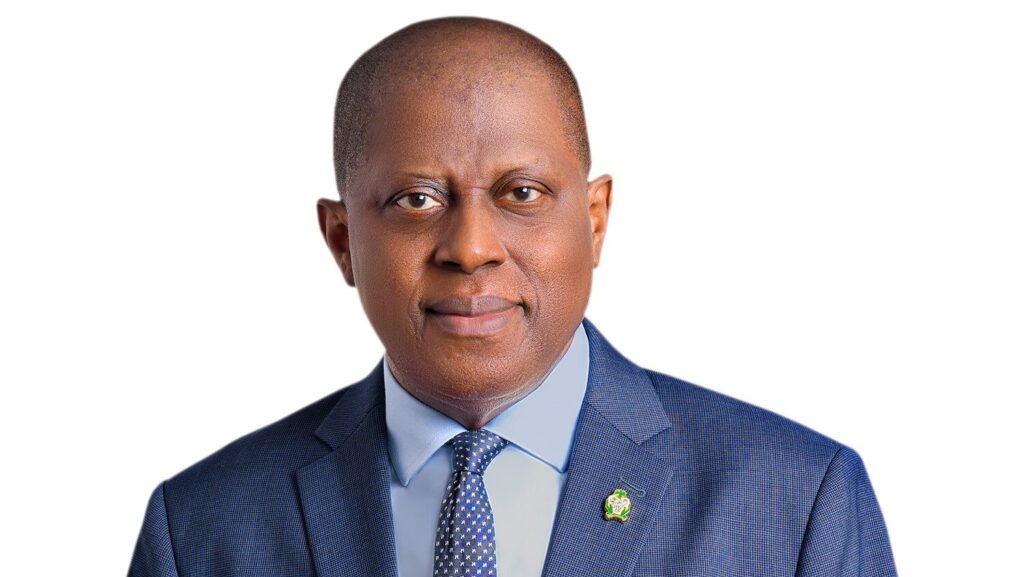By Esther Agbo
Central Bank of Nigeria (CBN) Governor, Olayemi Cardoso, has called for greater inclusion of African countries in the governance and decision-making processes of global financial institutions such as the World Bank and the International Monetary Fund (IMF).
Speaking at the high-level Bretton Woods at 80 Forum, Cardoso urged these institutions to address the unique financial challenges faced by African nations and other emerging markets.
The forum, which took place in Bretton Woods, New Hampshire, USA, served as a platform for reshaping international financial architecture.
Cardoso emphasised the need for reforms in global financial institutions to promote financial inclusion, sustainable development, and climate resilience, especially in developing economies.
He highlighted the disparity in representation between regions and called for greater responsiveness to the specific needs of member countries across different regions of the world.
“Cardoso’s presence at this historic forum highlighted Nigeria’s and Africa’s growing influence in international economic discussions. His participation underscored his pivotal role as a representative of African interests, advocating for the continent’s financial needs and priorities in the global economic space.
“It offered a critical platform for reshaping the international financial architecture to meet the needs of emerging markets and developing economies,” CBN statement read.
The Bretton Woods at 80 Forum brought together global leaders and former executives of major financial institutions to assess the evolving roles of the World Bank and IMF.
The event focused on critical issues such as investment, inclusive growth, and climate resilience. Participants engaged in strategic discussions on how to address the challenges of developing economies while ensuring a more balanced and sustainable financial system.
The statement continued, “The event addressed issues such as investment, inclusive growth, climate resilience, and the evolving role of multilateral financial institutions in a rapidly changing world. It offered a critical platform for reshaping the international financial architecture to meet the needs of emerging markets and developing economies.
“The exclusive gathering included former executives of major global institutions and key figures shaping the future of markets, climate action, and social development, who came together to tackle the most pressing challenges in the global economy.
“The group engaged in deep-dive sessions critically examining real-world successes and challenges for the IMF and World Bank, brainstorming and developing actionable strategies, and focusing on how these institutions can evolve to tackle pressing issues like sustainable development, financial inclusion, and climate resilience to ensure they are equipped to meet the demands of today and the future.”
In addition, Cardoso said, “As the Bretton Woods institutions face calls for reform in the face of global challenges, Governor Cardoso’s role in the landmark forum ensured that African perspectives were strongly represented.”
The governor’s involvement was particularly crucial as developing economies, especially in Africa, seek greater participation and representation in the governance and decision-making processes of global financial institutions.
“The Bretton Woods at 80 Forum concluded with key recommendations for the future role of the IMF and World Bank in addressing global challenges.
Governor Cardoso’s contributions were central to ensuring that these institutions remain responsive to the diverse needs of regions around the world, as they work towards more inclusive and sustainable global financial systems that address the economic priorities of both emerging and advanced economies.”

